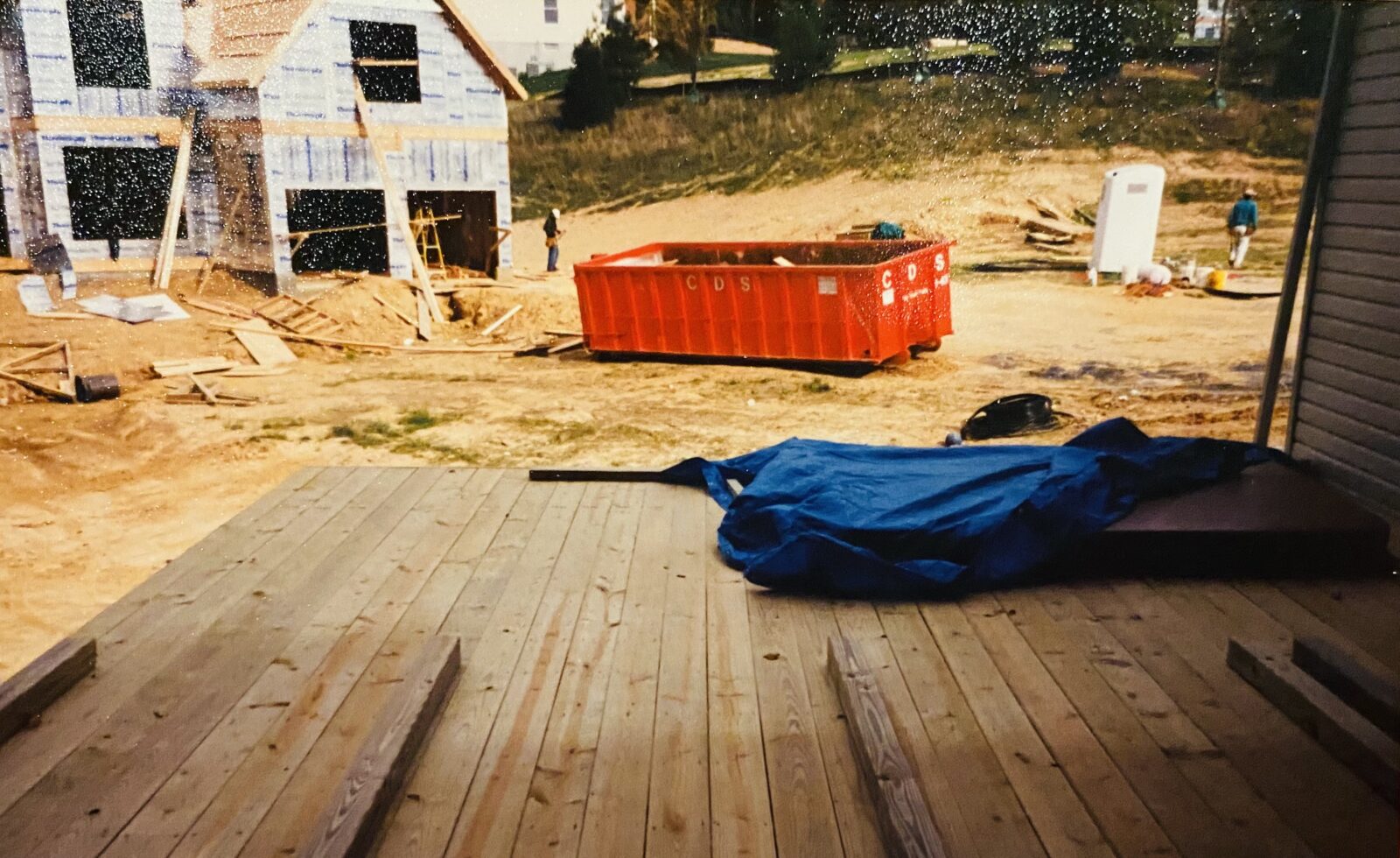Twenty-five years ago, my husband and I moved into a newly-built house in a brand new neighborhood. There were just a few other residents at the time and there was a ton of construction. For the first three years, our streets were filled with dirt, noise, and construction workers. As each house was completed, we were excited to meet our neighbors.

We soon discovered that many of our neighbors had children the same ages as ours and that we also shared similar interests. We kept seeing these same neighbors while waiting at the bus stop with our children, while volunteering in the schools, while working out at the gym, and while shopping for groceries. They seemed to be everywhere! If we hadn’t liked them, it would have been a problem, but we not only liked them, we loved and cherished our newly-formed relationships.

As humans, we have a fundamental desire to connect with others. Informal relationships, where people in close proximity engage in frequent interactions and bond with one another, happen at work as well. This phenomenon has been studied and can actually lead to what is called proximity bias. Proximity bias is when those who are physically closer to company leaders enjoy greater influence and advancement opportunities. Unfortunately proximity bias can create a less equitable work environment since remote employees can feel like their career trajectory lags behind their in-office peers, simply because they are less visible.
So, how can organizations encourage a thriving in-person office community while at the same time offering an inclusive environment for remote workers?
As with many challenges, the first step is to begin talking about the issue. Through open and honest communication, obstacles can be identified and solutions proposed.
It’s very helpful for meetings to include a virtual option, and information sharing should be done both in writing, and when possible, in person. Written documentation of all communication should be shared through a central digital platform.
In order to ensure that promotion decisions and bonus opportunities are fair, it is critical that performance appraisals measure and analyze an employee’s full impact.
Concordia Consulting can help your organization with the new challenges of a post-pandemic workplace. And, if your business is successfully navigating the demands of in-person, hybrid, and remote work, please share your achievements with us!





0 Comments